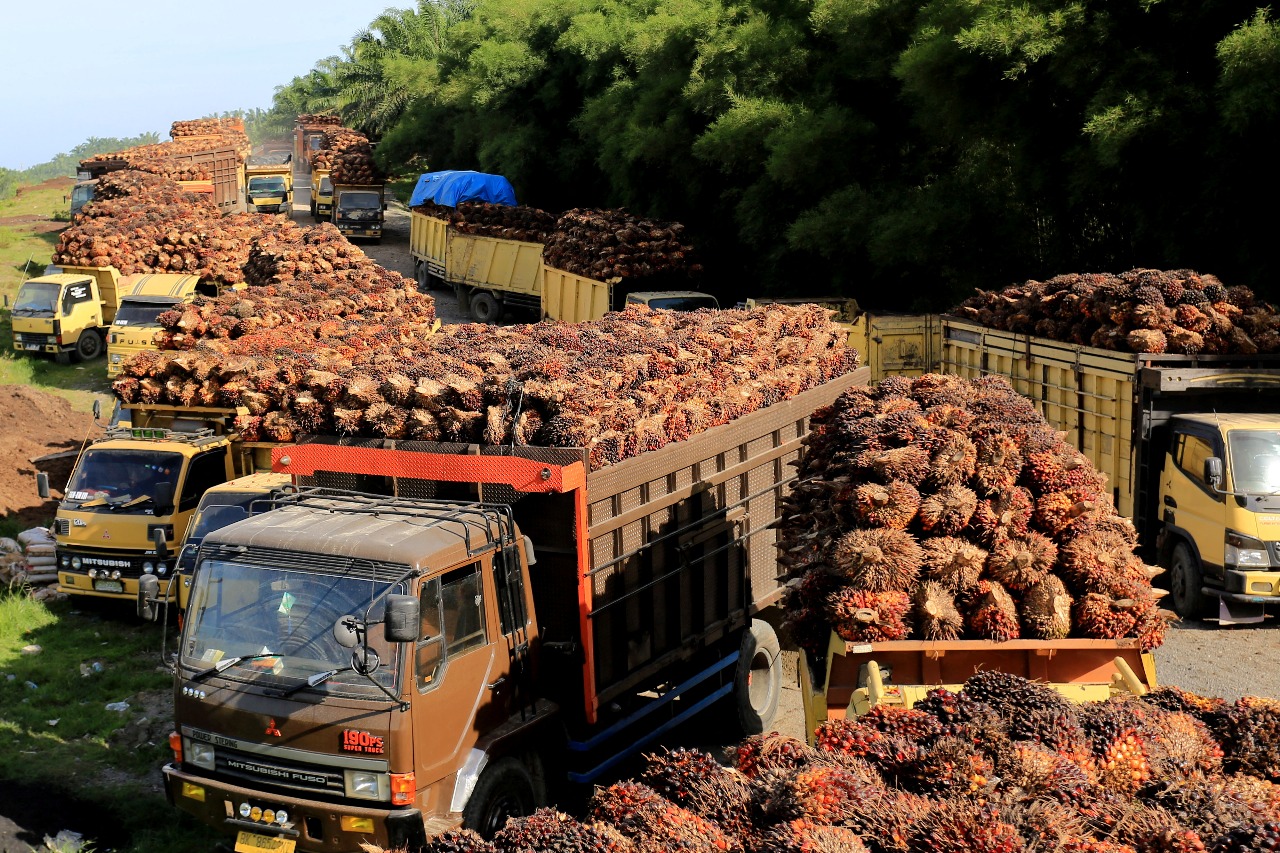Indonesian palm oil suppliers expect export taxes to fall by more than $50 per ton for December shipments, according to trade sources. Around 310,000 metric tons of palm oil shipments have been deferred from November to December, reflecting market adjustments amid changing tax structures and global demand trends.
Indonesia, the world’s largest palm oil exporter, is preparing for a significant shift in its export tax regime. Trade sources indicate that suppliers anticipate a reduction of more than $50 per ton in export taxes for December shipments. This adjustment comes as suppliers defer substantial volumes of palm oil, totaling 310,000 metric tons, from November to December.
Key highlights from the announcement include
-
Palm oil export taxes are expected to fall by over $50 per ton for December shipments.
-
Suppliers have deferred 310,000 metric tons of palm oil shipments from November to December.
-
The move reflects strategic timing to benefit from lower tax rates.
-
Global demand dynamics and domestic policy changes are influencing shipment schedules.
-
Indonesia remains the largest global supplier of palm oil, with tax policies closely watched by international buyers.
-
Lower export taxes could improve competitiveness of Indonesian palm oil in global markets.
-
Deferred shipments may temporarily impact supply chains but are expected to stabilize once December exports commence.
This development underscores the sensitivity of palm oil trade to tax policies and global market conditions. By deferring shipments, suppliers aim to optimize margins while ensuring steady supply to international buyers.
Sources: Reuters, Business Standard, Economic Times
